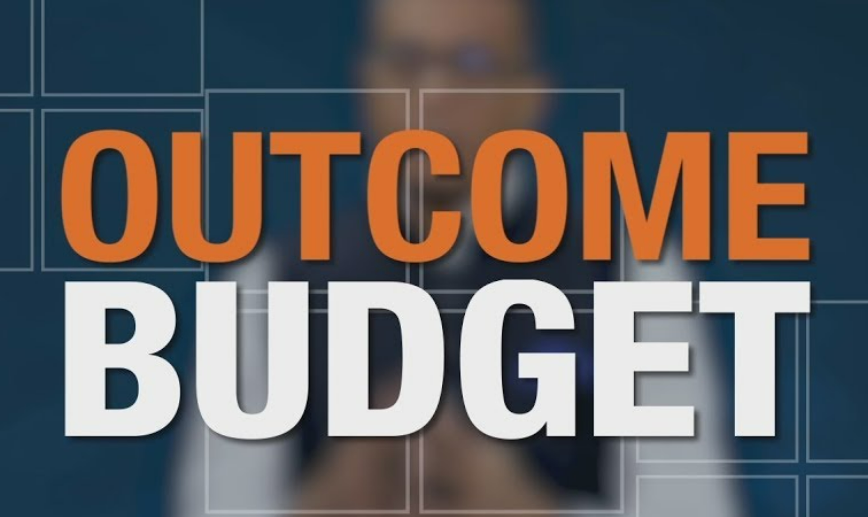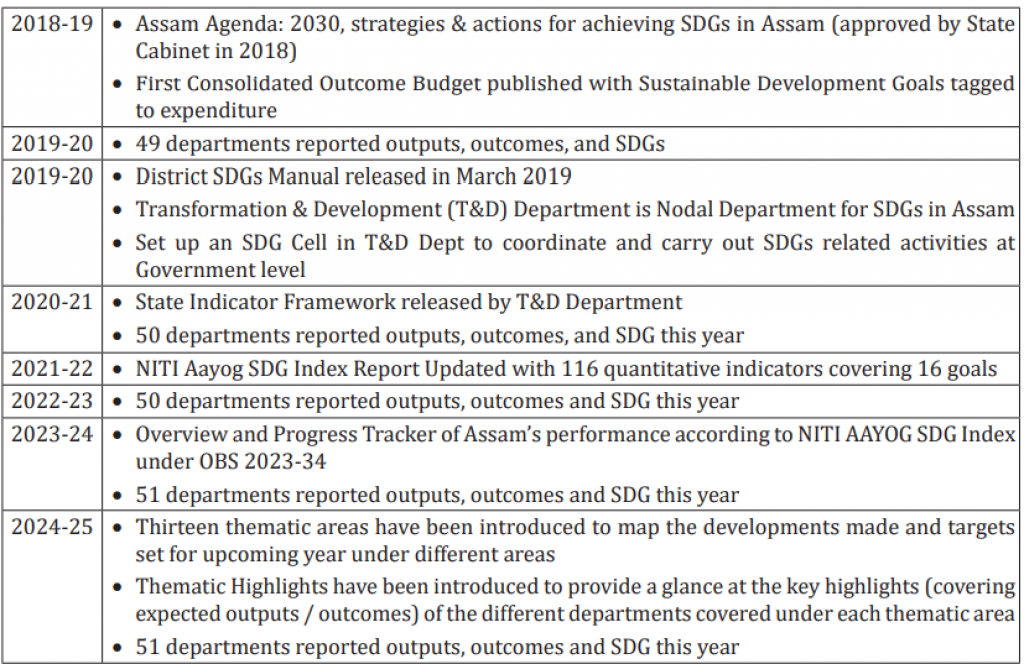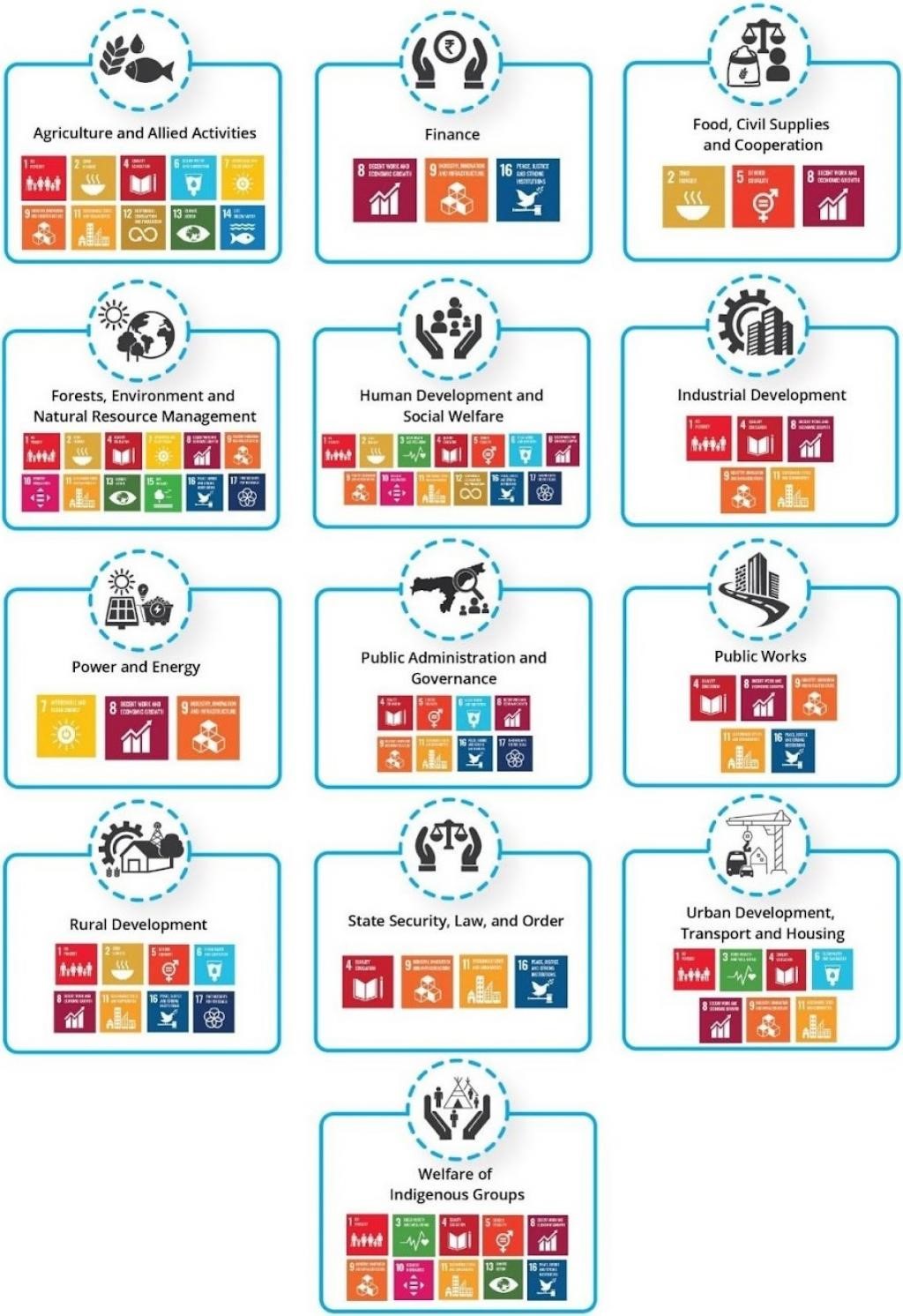Free Courses Sale ends Soon, Get It Now


Free Courses Sale ends Soon, Get It Now



Disclaimer: Copyright infringement not intended.
In News
Outcome Budgeting
Significance:
Implementation:
Outcome Budgeting and SDGs
Implementation of Outcome Budgeting in India
Outcome Budgeting in Assam
Improvements in Assam’s Outcome Budget Statement

The figure below depicts the thirteen thematic areas and SDGs linked:

Challenges and Recommendations
Conclusion
|
PRACTICE QUESTION Q. Describe Outcome Budgeting and its importance in improving the efficacy of government spending. Support your explanation with instances from India. Highlight the obstacles to implementing Outcome Budgeting in India and suggest potential solutions. |
© 2024 iasgyan. All right reserved